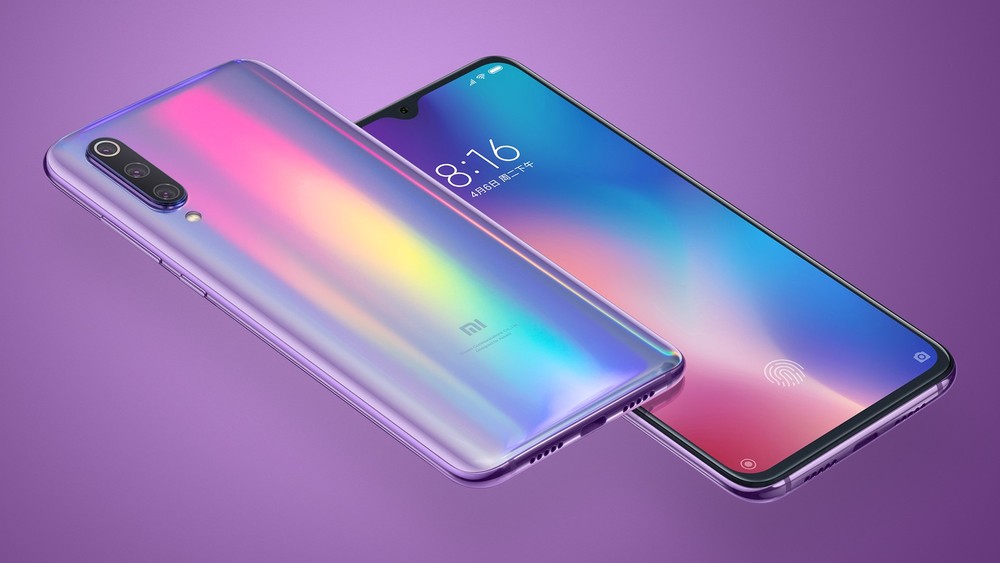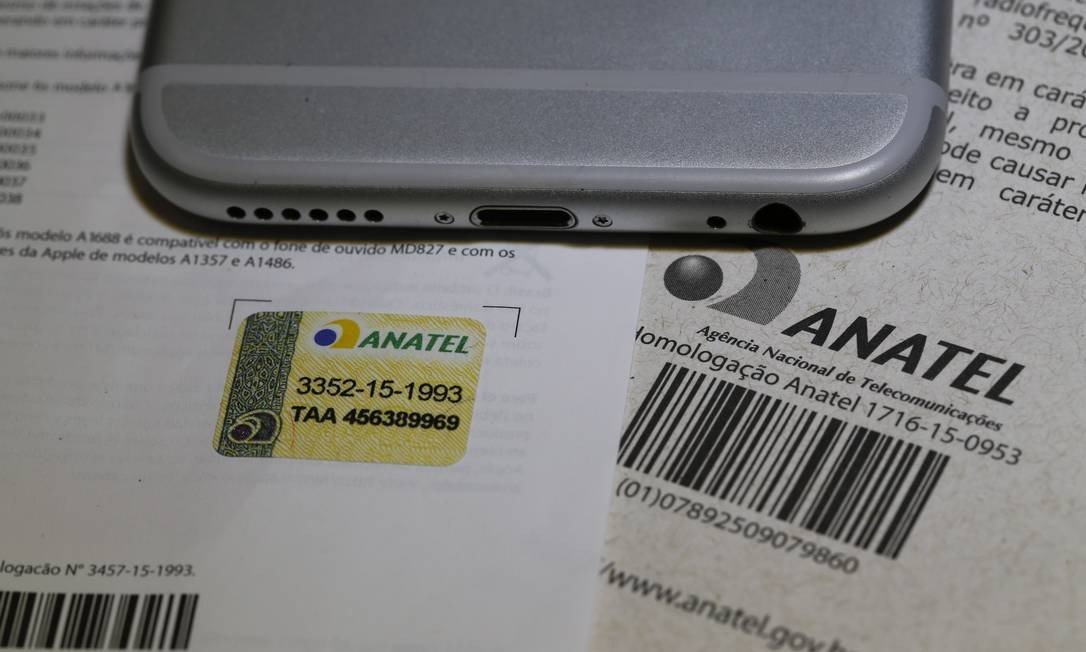RIO DE JANEIRO, BRAZIL – Xiaomi‘s cell phones represent more than half of the smuggled products of this type in Brazil: 60 percent of all smartphones brought in irregularly, according to the Brazilian Association of Electrical and Electronic Industry (ABINEE).

The organization’s director, Luiz Cláudio Carneiro, explains to TechTudo that there is a “glaring difference” between the official prices and those practiced in the black market. Consumers enticed by the lower prices are without technical assistance in case of technical difficulties. They can also be fined, according to the current regulations.
Carneiro points out that smartphones sold in this way do not have authorization from the National Telecommunications Agency (ANATEL). In practice, they may present incompatibility with the electric output or phone network. There are reports of devices that do not work in the national 4G, for example.
The industry association started to guide customers on the black market after the disclosure that 2.7 million smartphones will land in Brazil through smuggling throughout the year. The growth comes close to 415 percent higher than that of 2018, according to IDC consultancy. Equipment that has not undergone security tests would represent six percent of the formal market.
The representative of ABINEE refers to it as a “phenomenon” of the increase in supply and demand of smuggled phones in the so-called marketplaces, the platforms on the Internet that enable trading between consumers and stores.
The difference can reach 40 percent between the amount charged for a smuggled mobile phone and that offered officially, with taxes paid and job creation in the national territory. It is estimated that 1.6 million Xiaomi cell phones enter the country irregularly, most of them from Paraguay.
Carneiro says the actions to combat smuggling are not very effective because there are many small vendors. “We would need to catch a larger distributor at the border,” he said. He also said marketplaces would be able to apply filters to reduce exposure to irregular phone offers.

Buyers can be held responsible
Lawyer Guilherme Philippi, from Lopes & Philippi, explains that liability for taxes in web purchases is for the seller, not the consumer.
However, when dealing with cell phones coming from abroad and not approved by ANATEL, it is necessary to be careful with other aspects. The first is the possibility of the device being blocked remotely by the regulatory agency. Additionally, Resolution 242/2000 establishes that the user can be warned and even fined in values that go from R$100 (US$25) to R$3 million.
“Finally, whenever you buy something over the Internet, it is important to demand the invoice to be sure of its origin and reduce the risk of being accused of receiving (stolen property),” concludes the expert in tax law.
How to check if your cell phone has ANATEL’s approval
The National Telecommunications Agency (ANATEL) explains that some ads on the web already bring the information on the approval of the product. When there is no information, it is necessary to ask the seller for the key code so that the user can verify the regularity of the product.
The buyer can consult the approval of the product by the ‘Sistema Mosaico‘ (“Mosaic System”). The search can be made through several fields, such as key code, manufacturer, product model, among others, according to ANATEL.

